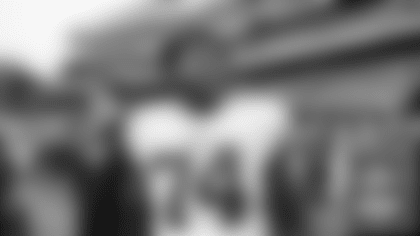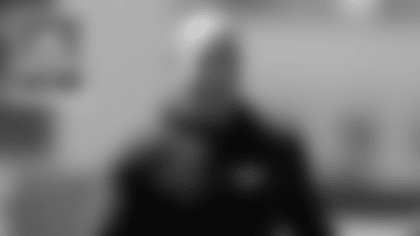Good Morning Faithful,
In this special edition of the 49ers Morning Report, learn more about Juneteenth.
New and Notable
To Move Forward, We Must Understand Our Past
49ers Director of Diversity, Equity and Inclusion Christina Jefferson shares her history with Juneteenth and reflects on why it's a missing piece in the educational system.
"As a kid I didn't know anything about Juneteenth. In fact, I'm not even sure I had heard of the holiday. I grew up in the Midwest, a child of a mixed-race (Black, Native American and Irish) mother and a Black father.
"I grew up knowing my grandparents moved from Virginia to St. Louis so my grandmother could teach chemistry, but I didn't think much about it as a child. It wasn't until adulthood that I learned of a letter she wrote to the editor of a Richmond, Virginia newspaper in reference to an advertisement for a laboratory specialist asking, 'Why does not the state consider a qualified Negro for the position?' My grandmother graduated cum laude and was 'qualified for this position in every way except one — her complexion.'"
Read More >>>
Freedom, Justice and Belonging 49ers Front Office Panel
The 49ers front office held a panel with Sam Lewis, Tinisch Hollins and Scott Budnick about Juneteenth, focusing on understanding the connection between American history of "othering" through enslavement juxtaposed against marginalized communities and how the holiday can empower people to be allies in the continued pursuit of justice and belonging, both within the organization and in the broader community.
A Discussion on Juneteenth with Dr. Harry Edwards
Sociologist and consultant to the 49ers, Dr. Edwards provides an oral history lesson on Juneteenth and its significance during this current climate.
49ers Social Justice
The 49ers announced the nine recipients of their social justice grant initiative in September of last year. Announced on May 30th following the tragic death of George Floyd in Minneapolis, the grant is comprised of a $1 million commitment to organizations creating societal change. In order to qualify for the grant, nonprofit organizations had to be focused in one of three areas: racial equality in policing, ending mass incarceration, or educational and economic advancement for young black people.
All nine organizations chosen, both local and national, make a positive impact on the Bay Area community every day. Those organizations are: 100 Black Men of the Bay Area, African American Community Services Agency, Californians for Safety and Justice, Dream Corps, Operation Hope, Pico California, SPAAT, The Innocence Project, and The Players Coalition.
Learn more about these organizations and the 49ers social justice initiatives at 49ers.com/socialjustice.













